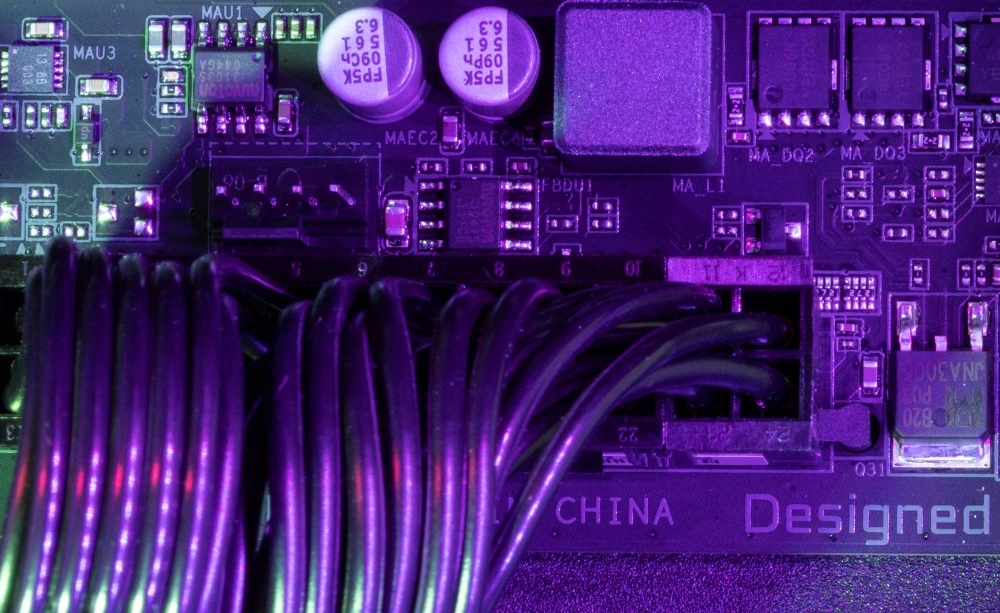The shift of and imbalance in power among countries brought about by globalization are creating a new international struggle for hegemony over the acquisition of new technologies and the innovation surrounding them.
Such competition is leading to state-led moves to protect not only information but also emerging technologies based on said information, and to strengthen restrictions and penalties in the field.
Competition to gain information and technologies, in particular, is surfacing as a new rivalry, in the post-Cold War era, between superpowers — the United States, a status-quo power, and China, a revisionist power — over techno-hegemony. The situation can be applied to the power transition theory, first addressed by U.S. political scientist A.F.K. Organski in 1951.

















With your current subscription plan you can comment on stories. However, before writing your first comment, please create a display name in the Profile section of your subscriber account page.